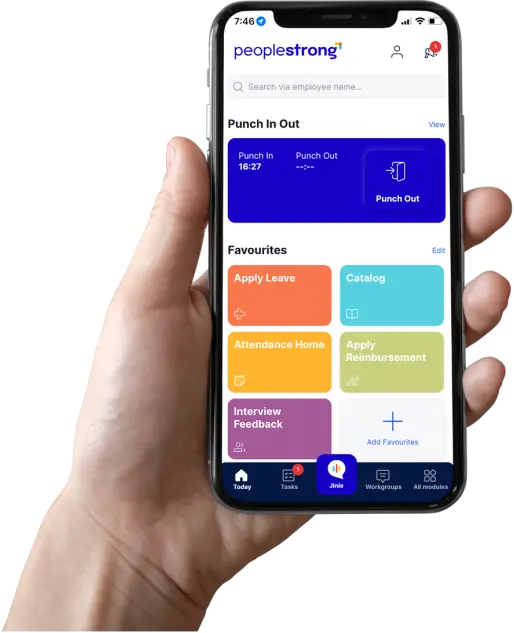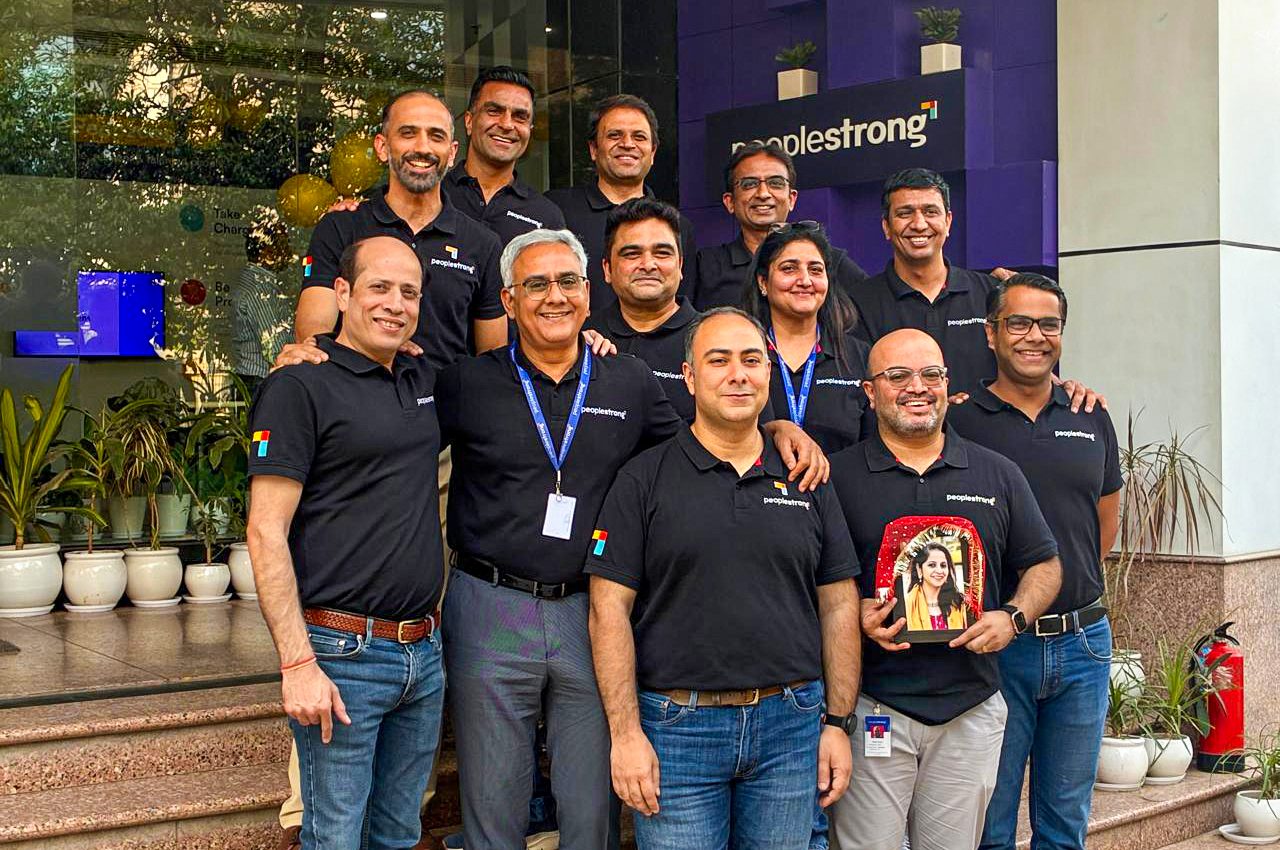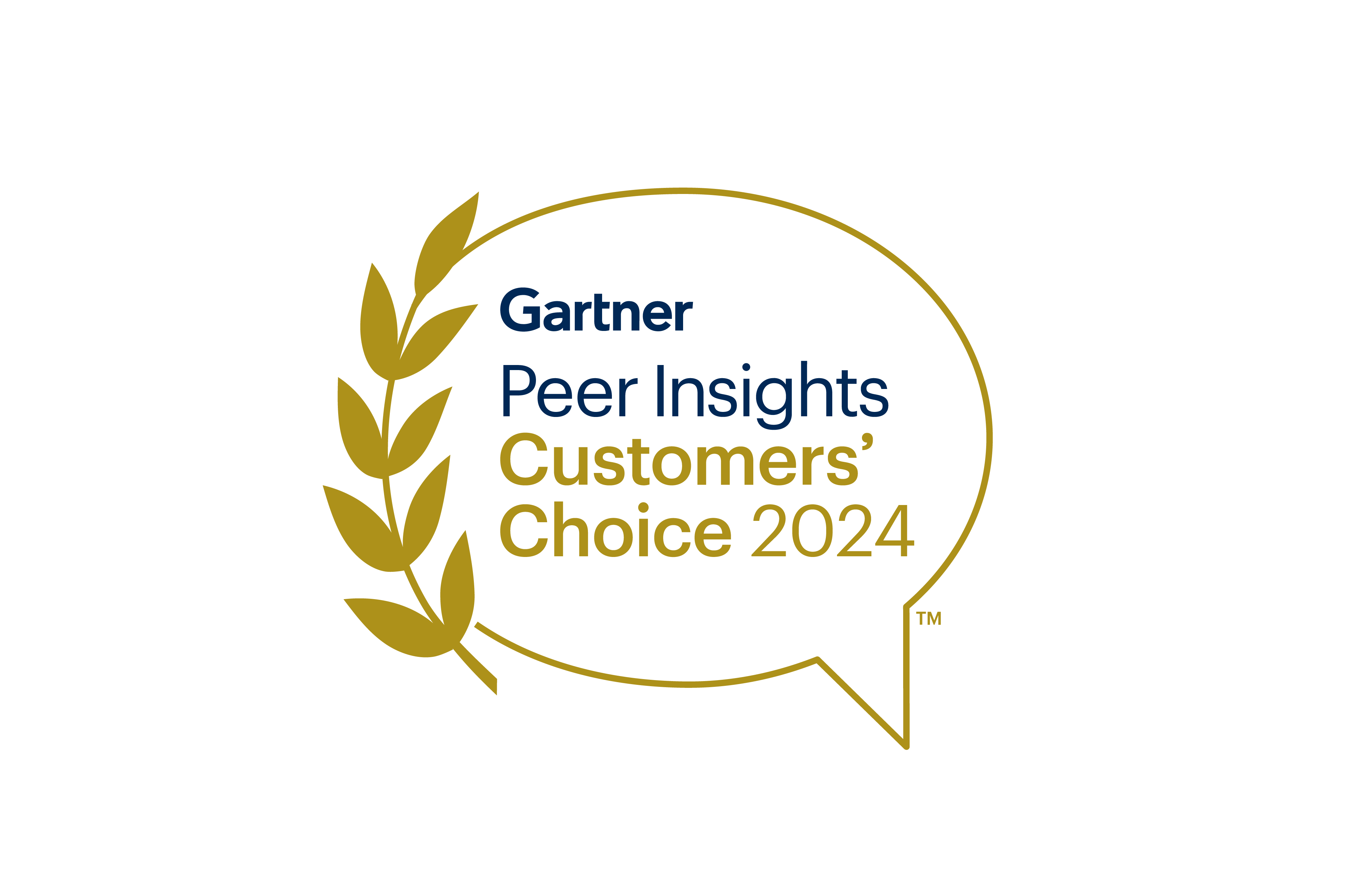Ever wonder why some companies pay so much attention to efficient workforce management? That’s because it stands at the forefront of a healthy work environment!
In fact, a report by CIPD states that about 37% of UK-based businesses saw a spike in stress-related employee leaves due to work overload—a glorious indicator of poor management!
This is why organizations strive to establish a solid HR operations framework. By ensuring smooth workforce management, it eradicates severe business risks related to efficiency, productivity, employee motivation, and compliance.
Interested to learn more? Read on!
What Are HR Operations?
HR Operations (HR Ops) is a department responsible for the smooth execution of different day-to-day HR tasks, functions, and processes. This way, it ensures efficient workforce management.
Here are a few examples of what the HR Ops department does in an organization:
- Maintaining employee records and documents
- Managing the hiring process and exit formalities
- Ensuring accurate salary payouts, tax deductions, and benefits distribution
- Adhering to labor laws, state laws, federal laws, data security laws, etc.
- Managing the enforcement of workplace policies and guidelines
- Coordinating reviews and appraisal processes
- Handling grievances, queries, and workplace issues
What Are the Key Responsibilities of HR Operations?
The responsibilities of HR operations are multi-dimensional. Unlike HR, it’s not strategic—it’s administrative and revolves around the proper implementation of every HR process and function.
Five of the core ones include:
Employee Onboarding
According to statistics, a swift onboarding process boosts the retention of new employees by a whopping 82%! HR ops help companies reap this benefit by providing orientation, training, and access to resources and ensuring a compliant, fuss-free employee onboarding.
Payroll Management
In 2022, 88% of businesses made payroll errors! But that’s not all—it led to them spending almost 12 hours extra every month simply correcting and reconciling the mistakes. A solid HR ops department can prevent such crises from occurring by calculating wages on time, managing deductions, and maintaining accurate payment records.
Compliance Management
For any organization, maintaining compliance is a top priority. If neglected, it can cause severe legal risks, including penalties and lawsuits. HR ops keep these perils at bay by ensuring the organization adheres to every law and regulation surrounding its business. For instance, labor laws, tax regulations, workplace safety guidelines, etc.
Offboarding
Did you know—employees who have a positive offboarding experience with a company are 2.9x more likely to recommend it to others? So, not just onboarding—creating a swift offboarding process is also crucial. HR ops play a vital role in this by conducting exit interviews, handling final paychecks, and updating records.
Employee Record Management
Last but never least, HR ops also look after employee records. This includes personal details, work history, performance evaluations, etc. This helps the HR department quickly access necessary information, making any process more efficient.
What Are the Goals of HR Operations?
Although the HR ops department handles administrative tasks, their end goals are extremely substantial and affect the organization in several crucial ways.
For instance:
Streamlining HR Processes
From recruitment to succession planning—HRs have to manage various processes during the lifecycle of an employee. Without external support, ensuring accuracy and efficiency in these processes becomes a challenge. This is where HR ops come into play. It streamlines every HR process, enabling the HR department to seamlessly execute them.
Maximizing Operational Efficiency
HR ops optimize every administrative HR task. Whether it’s document management, compliance formalities, or software implementation—this department streamlines every duty so that HRs achieve unparalleled operational efficiency in whatever they do.
Facilitating Communication
According to statistics, 86% of employees and executives attribute poor communication to workplace failures. Although this issue is huge and multifaceted, HR ops help alleviate it to some extent by ensuring clear, consistent communication throughout the HR department. This includes communicating policies, updates, etc.
Enhancing Employee Experience
The goal of HR is to manage an organization’s workforce. However, HR ops’ goal is slightly more defined—it aims to ensure every employee has a positive working experience with the company. To achieve this, it facilitates onboarding, offboarding, grievance handling, benefits management, and other processes directly affecting employee satisfaction.
Ensuring Accurate Data Management
Whether modifying the recruitment procedure or structuring a new salary package for employees—the availability of accurate data is vital for effective decision-making. HR ops facilitate the same by centralizing and managing all sorts of HR data, like employee records, performance metrics, compensation data, etc.
Roles in HR Operations
By now, you must have understood how diverse HR ops is—which instinctively brings us to the next question: Does one person manage it all? Well, of course not! There are several key personnel involved in the successful functioning of HR ops. The five main ones are:
HR Ops Manager
The HR Ops Manager supervises the entire HR ops functioning. Think of them as the leader of the department who manages teams, sets strategic objectives, and, most importantly, ensures that every HR activity is aligned with the organization’s goals.
HR Administrator
The HR Administrator is a subordinate to the HR Ops Manager. Their primary responsibility is to support the HR ops team in executing their duties by handling employee documents, scheduling meetings, etc.
Payroll Specialist
As the name suggests, the Payroll Specialist is the person who processes employee payroll. They calculate wages, bonuses, deductions, taxes, etc., to ensure every payout is accurate and timely.
Compliance Officer
The Compliance Officer is the person responsible for ensuring the organization’s HR department is legally compliant. They monitor HR practices, conduct HR audits, and handle disputes to prevent legal risks.
Employee Relations Specialist
The Employee Relations Specialist manages the relationship between employees and the organization to foster a positive work environment. They address workplace concerns by acting as a mediator between the two and resolving conflicts.
Challenges Involved in HR Operations
HR operations face various challenges that bring down their efficiency and effectiveness. For instance:
High Employee Turnover
A high employee turnover rate means an organization is unable to retain its top talent. This not only reflects poorly on its culture and morale but also indicates loopholes in its HR management framework. Without addressing this issue, HR ops cannot function efficiently on a day-to-day basis.
Communication Inefficiency
Poor communication between HR and other departments can cause delays in the implementation of processes. In addition, if the communication widens, it can also cause misalignment between HR policies and organizational needs, reducing HR ops’ effectiveness.
Compliance Complications
The landscape of labor laws, health and safety regulations, tax codes, and other legal requirements is constantly changing. For HR ops, ensuring compliance can be difficult, especially if the organization operates in multiple regions with varying laws.
Data Security Concerns
The HR ops department works with large volumes of data. This also includes sensitive ones like employee personal information, health records, bank account details, etc. Protecting this data from breaches and ensuring its confidentiality is a major challenge, especially with the rise of cyber threats.
5 Best Practices for Efficient HR Operations
Here are five best practices to ensure efficient HR operations while avoiding common pitfalls:
Automate Routine Tasks
Automation of routine tasks has several benefits. For instance, it saves man-hours, minimizes the chances of errors, and reduces business costs.
In fact, 42% of professionals also agree it expedites the completion of such tasks. So leverage HR tools and software to automate clerical, routine activities in your workflow like data entry, emails, reminders, appointment scheduling, etc.
Streamline Core HR Processes
Believe it or not—most HR ops failures occur because the processes are not streamlined. So, focus on optimizing lengthy but essential processes like recruitment, onboarding, offboarding, performance management, payroll, etc. This will help you enhance employee experience while also increasing organizational productivity and efficiency.
Invest in HR Technology
Adopt HR-integrated software and platforms to unify efforts and streamline processes. This will help you reduce manual work, minimize errors, and make better, data-driven decisions.
Pro Tip: Looking for comprehensive HR software for your company? Check out PeopleStrong —a one-stop solution that manages recruitment, onboarding, payroll, and other core HR processes!
Enhance Communication and Collaboration
Scattered communication channels elevate the risk of miscommunication. Besides, they also adversely impact inter-department collaboration. So, implement tools like Slack or Microsoft Teams to centralize communication and boost collaboration.
Standardize HR Policies
Last but never least, build standard HR policies for compensation, leave management, benefits administration, etc., to ensure consistency in decision-making, reduce confusion, and create a fair work environment.
What Are the Future Trends in HR Operations?
As a new generation prepares to join the workforce, it’s clear that HR norms and practices will also change to align with this transformation. So, here are three trends you can expect to emerge in the HR ops landscape:
AI and Machine Learning
The future is AI—even in the case of HR ops. This technology will join forces with Machine Learning (ML) to automate tedious HR tasks like resume screening, employee scheduling, and payroll management. They will also provide data-driven insights to facilitate better decision-making.
Predictive Analytics
For the longest time, workforce planning was based on a rule of thumb. But now, predictive analytics are all set to take over. With its help, HR managers will be able to forecast future trends pertaining to employee turnover and hiring needs for efficient workforce planning.
Tech Adoption
As aspects like communication and employee experience shape the effectiveness of HR, more and more companies will turn to technology to handle them with care. The focus will be on integrating tech to create a workspace that’s collaborative, responsive, and efficient.
Wrapping Up
The future of HR operations is shaped by trends such as AI-driven insights, predictive analytics, and advanced technology adoption.
Such advancements will make HR more proactive, data-driven, and adaptable to the ever-changing workforce needs. By staying ahead of these trends, organizations can overcome challenges and unlock greater potential!
To elevate your HR operations, consider partnering with a people-centric platform like PeopleStrong! With our Core HR Software, we expedite processes like recruitment, payroll, and compliance and bring the magic of efficiency to workforce management.
Hurry up—get in touch with our team today!
FAQs
What is the main difference between HR and HR operations?
HR operations is a subset of HR. While the former focuses on streamlining the day-to-day HR activities, the latter is a broader function, mainly aimed at facilitating the overall management of an organization’s workforce.
What does someone in HR operations do?
An HR operations professional looks after the administrative tasks of the HR department, such as employee data management, onboarding, payroll management, benefits administration, etc.
How does HR depend on operations?
Since HR operations manage the regular functioning of crucial HR processes, it directly affects the efficiency of an organization’s HR. A well-structured HR operations team helps create a seamless experience for employees, from hiring to retirement.












